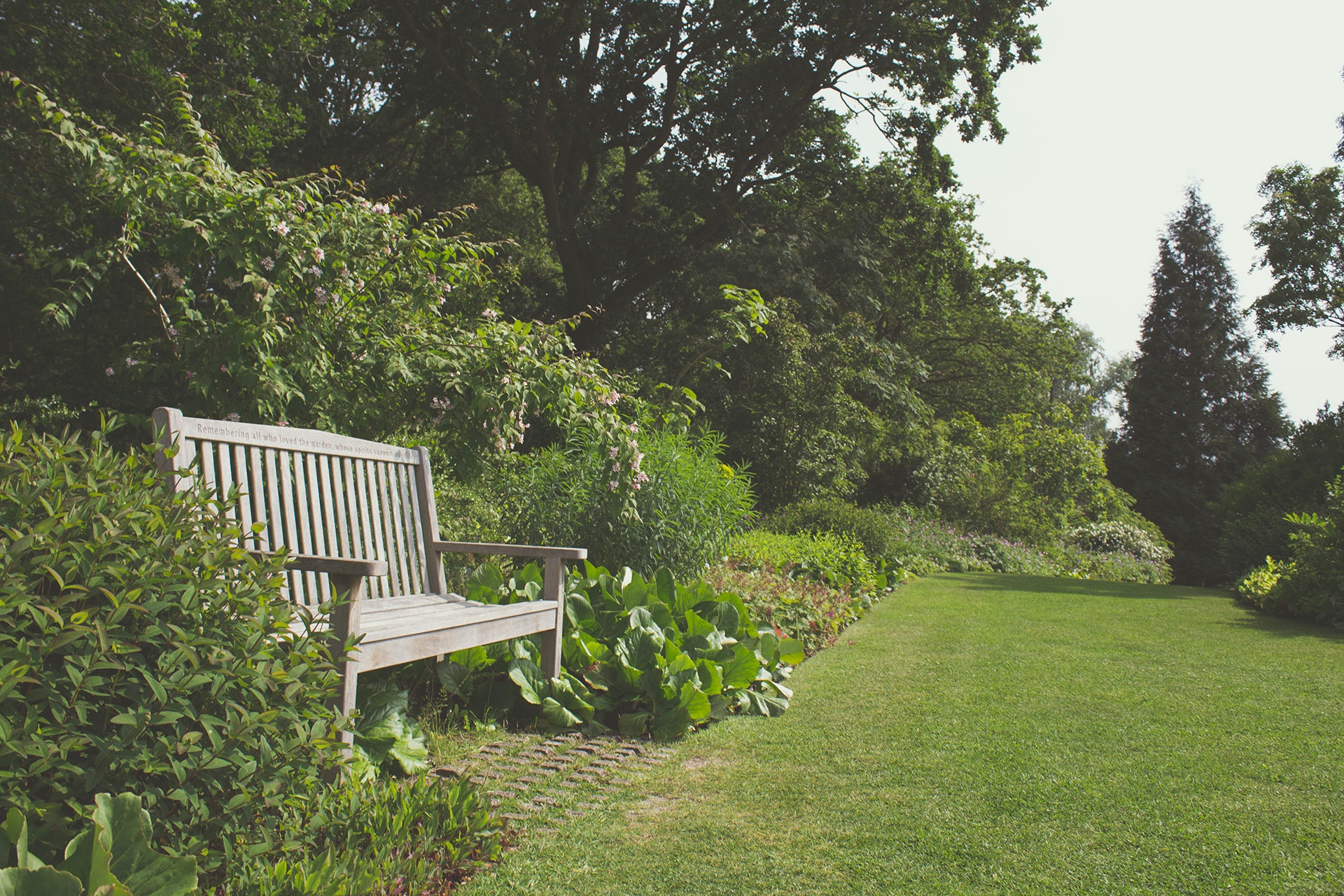Green Space and Mental Health

Written By: Glenn Belz, MD
We live in an ever more urbanized world, and as civilization evolves, agricultural work is done more by machinery, than manual labor, and migratory flows are in the rural to urban direction. Urban areas offer better economic opportunities, which incentivize the migration. Currently approximately 50% of the world’s population lives in urban areas. Could it be that removing the human from a more natural rural environment results in increased risks to mental health? We do not know much about the risk causes, but some proposed mechanisms include noise pollution, overstimulation and lack of psychological restoration in urban environments. We do though, have data regarding correlations, indicating that less urbanized, or rural environments, specifically with “green spaces,” (ie parks, trees,) are better for mental health.
A study conducted at Denmark’s University of Aarhus, (https://pubmed.ncbi.nlm.nih.gov/30804178/) found that childhood exposure to green space reduces the subsequent risk, in a dose dependent fashion, for all psychiatric disorders, except intellectual disability and schizoaffective disorder. The children who grew up with the most exposure to green spaces had an overall 55% lower risk of mental illness than the children least exposed.
Another study conducted by researchers at Leipzig University (https://www.ncbi.nlm.nih.gov/pmc/articles/PMC7775428/) found a negative correlation between street tree density and antidepressant use. A correlation between vegetation complexity or biodiversity and antidepressant use was sought, but was not found in this study. So it appears that just being exposed to trees, period, matters, and a mix of species is not necessary.
Another study (https://journals.sagepub.com/doi/10.1177/0013916514568556) found that just having contact with nature through a window view is beneficial.
The results of these studies have implications for urban planning, and emphasize the importance of greater green space incorporation in cities of the future. Meanwhile, people should be encouraged to seek out available green spaces for mental health.